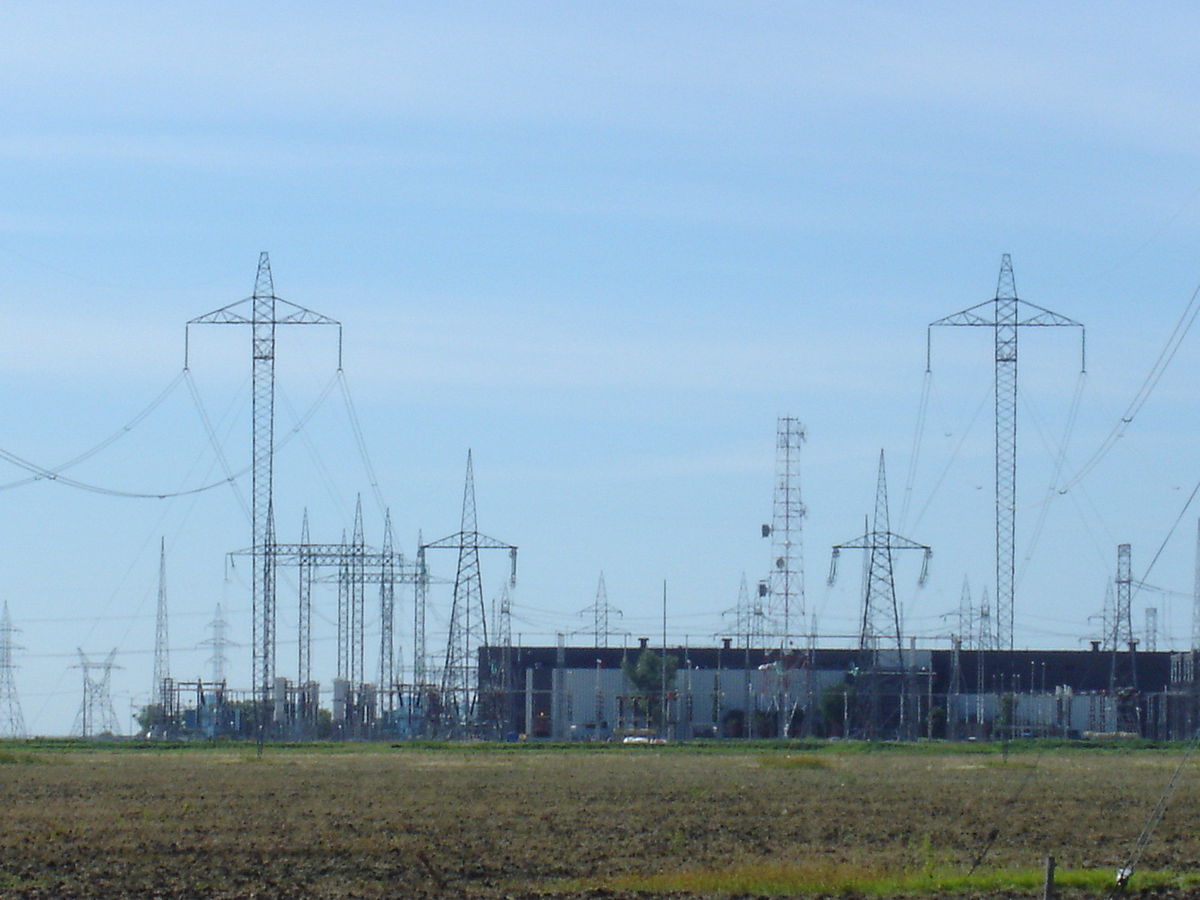I was looking at the current way people were doing it. It seems like people were tying their solar panels in parallel to keep the voltage at 48v but increase their amperage and their loss through the wires through increased electrical resistance which is sent to a mppt with an efficiency of 85%, and a transformer to up the power from 48v to 120v for usage with an efficiency of 75%. So efficiency ends up at 1.0*.85*.75= 63.75% efficiency minus the loss for the increased electrical resistance from wiring so many panels in parallel. So many process to go in a circle to produce one task. My idea is I want 10 360w solar panels. Three panels wired in series on each side, then wired in parallel to have a final voltage of 120v. When you do this and create a lithium battery out of the 3.6v batteries you can create whatever pack voltage your heart desires and have a much higher efficiency. 1.0*.85=85% minus electrical loss through resistance in the wires (less at less high amperage... smaller wires not as much loss). Also when you size the unit correctly you could actually read the load on the panel during peak hours for the house and send needed power directly to the house forgoing the battery route to power the house load (think hvac during peak solar hours) then send the rest to the battery... effectively reducing the size of the battery. My method only works for areas where you can legally do this. We can. If you can't oh well. (50v+ systems are high voltage and have more regulation). I'll need a kill-a-watt to start tracking my variables to size my system and maybe by 2019 I can have this system up and running. Currently with the low peak sun hours in the winter and the cheapness of gas heat its looking like a system with an electric AC system for cooling, and a gas central heat system for the winter is the best way to go. Also an electric tankless water heater. So as soon as I take measurements and get my system up to the task solar is going in.
Basically this is what is going on in cars to increase efficiency and decrease weight as well. High voltage systems with less conversions = maximum efficiency.
Give me your thoughts I'd love to hear it. Also mech. engineering guy here so ignore my bad grammar.
Basically this is what is going on in cars to increase efficiency and decrease weight as well. High voltage systems with less conversions = maximum efficiency.
Give me your thoughts I'd love to hear it. Also mech. engineering guy here so ignore my bad grammar.


Comment